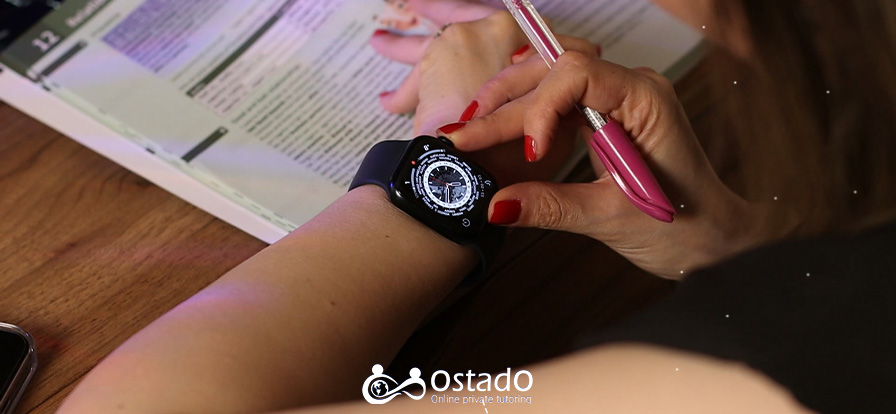If your GCSE maths exams are coming up and you are looking for last-minute plans to prepare for the exam, you have reached the destination. Usually, in the days leading to the GCSE maths exam, stress levels up, particularly if you have not used your time wisely so far. As your stress level goes up, you get frustrated and your performance declines.
I have written this article to help maths GCSE applicants keep calm and be at their best when they have only ten days until the exam date. You can find a 10-day schedule that makes last-minute revision for the GCSE maths exam possible. By following these tips, you can get the most out of the little time left until exam day.
- Design an intensive study plan.
- Collect GCSE revision resources (practice papers, past papers).
- Take one-line notes as you proceed.
- Focus on the challenging mathematical concepts.
- Review your short notes and expand them in your mind.
- Get enough rest the day before the exam.
- Regulate your sleeping hours and eat nutritious food.
Day 10: Plan and start
Before I get to the 10-day plan for last-minute maths GCSE revision, I should tell you that achieving the GCSE qualification requires long-term and comprehensive preparation. Therefore, I assume that you have already revised for the GCSE maths exam and are now looking for a punchline for your studies and efforts. In other words, it is neither wise nor viable to start preparing for the GCSE exam in 10 days from scratch.
On Day 10, you need to make a short-term and practical plan for the following days. The main difference between this plan and the long-term revision plan is in the intensity. I am afraid you need to spend more time than you do regularly. For instance, if you previously spent 4 hours a day, you should increase it to 6 or 7 hours. Of course, this is not fixed. The important factor here is the quality. If you get tired after 5 hours of studying, you will not get much out of the sixth hour. To save your energy, you can give yourself a 20-minute break after 90 minutes of studying to refresh. Remember, your intensive schedule should cover all the GCSE maths topics.
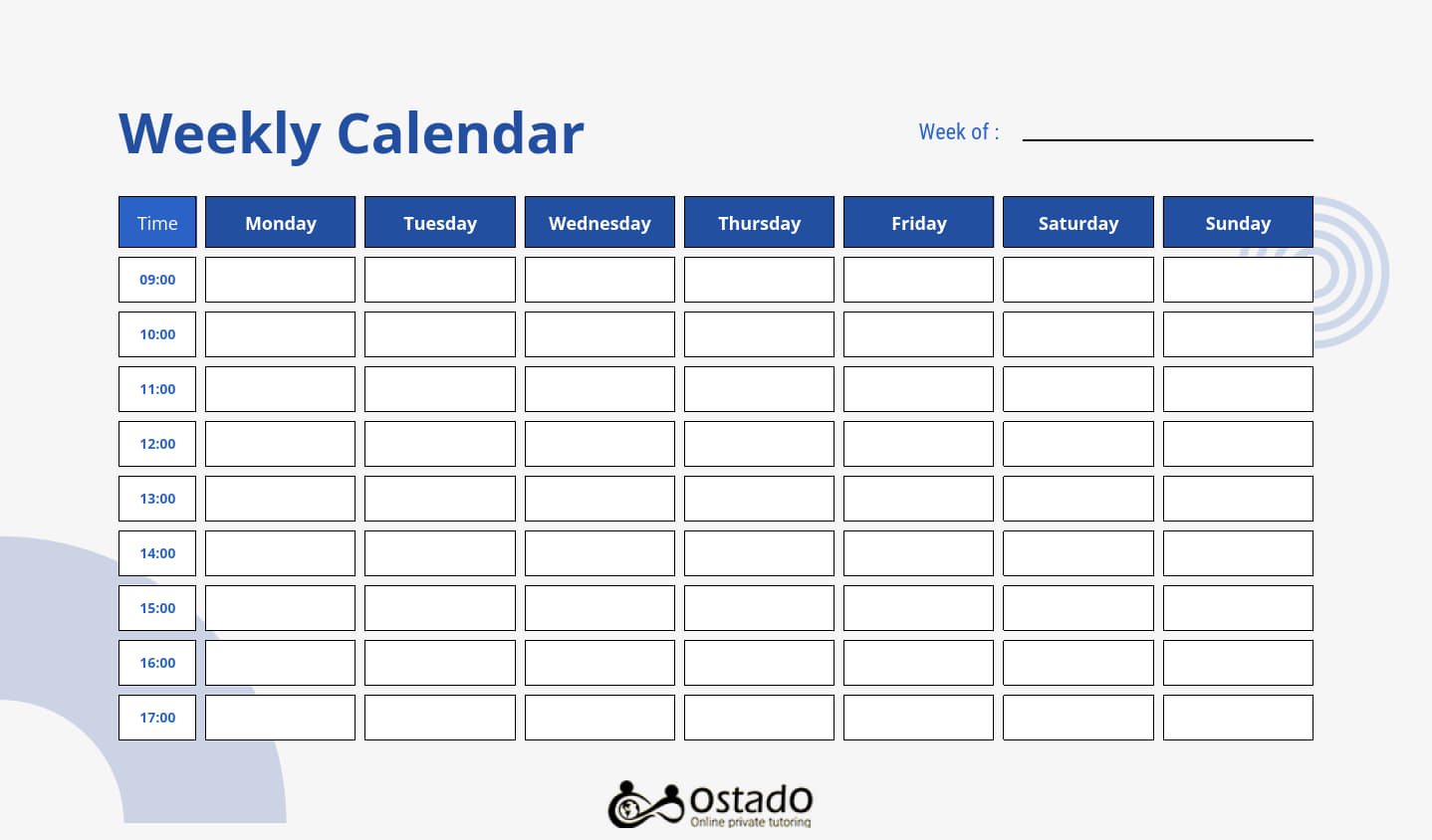
Click here to download the printable study schedule template.
Days 9, 8, and 7: Practise GCSE past papers and other GCSE revision resources
Obviously, you do not have time to go through everything. Therefore, you should use your notes. If you have not taken any notes, you can use online materials that have summarised the concepts covered in GCSE maths.
GCSE past papers and GCSE revision videos on YouTube are great resources to use for last-minute GCSE revision. As you go through these resources, you need to take one-line notes and write them down on an A4 or A3 paper. Of course, for more complex mathematical concepts, you can take longer notes to use later as a reference.
Furthermore, If you encounter challenging problems at this stage, do not spend much time on them. Write them down on a separate piece of paper to get back to them in the next stage. You should cover all mathematical concepts covered in the GCSE exam at this stage.
Read more:
The importance of diversifying your GCSE maths resources and practice papers is threefold: it maximises your readiness to take the exam, it makes practising more engaging, and you get to know the question styles of each exam board. Click here to access plenty of GCSE maths revision resources.
Days 6, 5, and 4: Fill the gaps
On day six, you should already feel great about yourself since you have gone through resources, practised exam questions and familiarised yourself with the question types and complexity level of the GCSE maths exam. But you still have a lot to do. In the previous stage of the 10-day plan, you have taken notes of the problems or the areas that need further practice. At this point, you should focus on what you do not know well. Now that you have reviewed the whole GCSE maths concepts once, you can spend three days filling the gaps in your mathematical knowledge without the fear of falling behind the schedule. Additionally, like the previous stage, you should keep taking capsule notes.
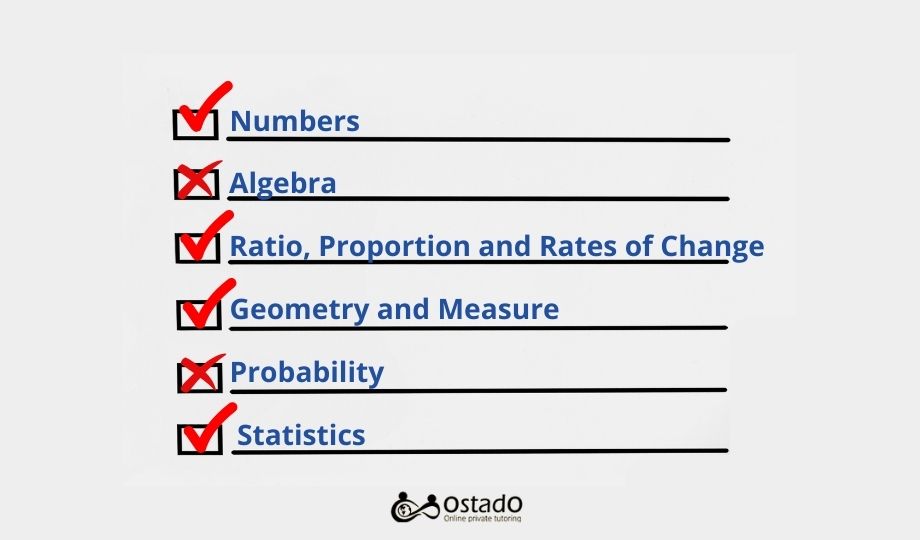
For instance, suppose that when you are revising GCSE maths, you realise that you are struggling with algebraic problems. Now, instead of changing the revision pace, you review the concepts, sticking to the timetable. Once you have revised all GCSE maths topics, you will go back to the algebraic concepts and spend more time understanding the problems. You can also get help from Ostado’s maths tutors to solve all your maths problems quickly.
Also read: GCSE Maths Non-calculator Revision
Days 3 and 2: Review your review
Your last-minute GCSE revision virtually ends one day before the exam day. On days 2 and 3, you can review your review to maximise your readiness for the exam. This stage is for studying that A3 or A4 paper on which you have written your maths revision notes. These short notes are like leads or reminders. When you read them, try to think of different examples or situations these notes can apply to. You can also benefit from maths revision mats at this stage to remind yourself of the mathematical formulas at one glance.
These two days can also serve as a backup period. In other words, if something comes up and you fall behind the schedule, you will have these two days to make up for it. However, these two days must be allocated to wrapping up your revision. So, do not think of it as backup time unless you are forced to.
Day 1: Give yourself a break
Congratulations! You have successfully revised for the GCSE maths exam. Now, it is time to look back and appreciate yourself for your hard work. At this stage, you should focus on psychological preparedness for the GCSE maths exam. Stay motivated and believe in yourself. Remember that no matter what happens tomorrow in the exam session, you did all you could.
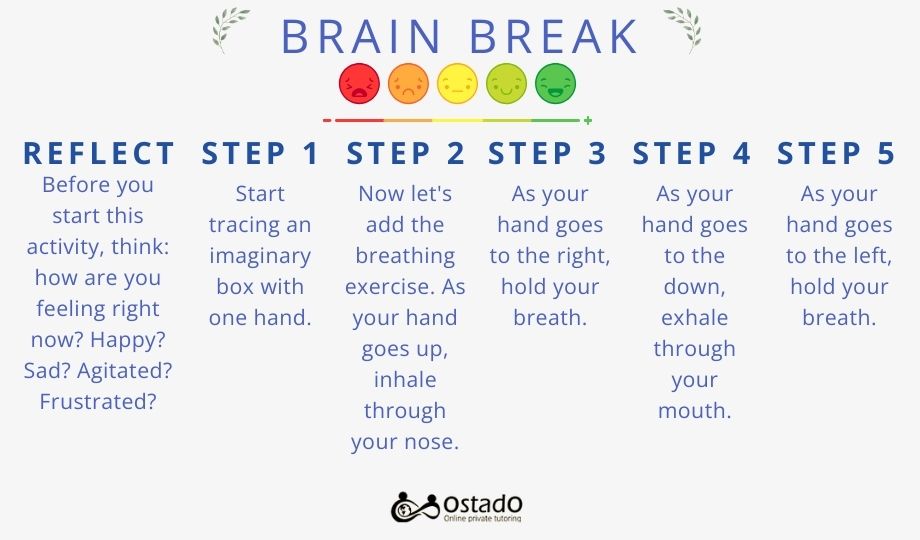
During your 10-day revision for the GCSE maths exam, try to eat nutritious food and regulate your sleeping hours. Sleep early and wake up early, especially the night before the exam. Additionally, you can listen to some soothing music, which goes a long way to calm you down and take your mind off the exam. If you usually feel stressed and cannot sleep the night before exams, these “Sleep tips for exam success” can help you.
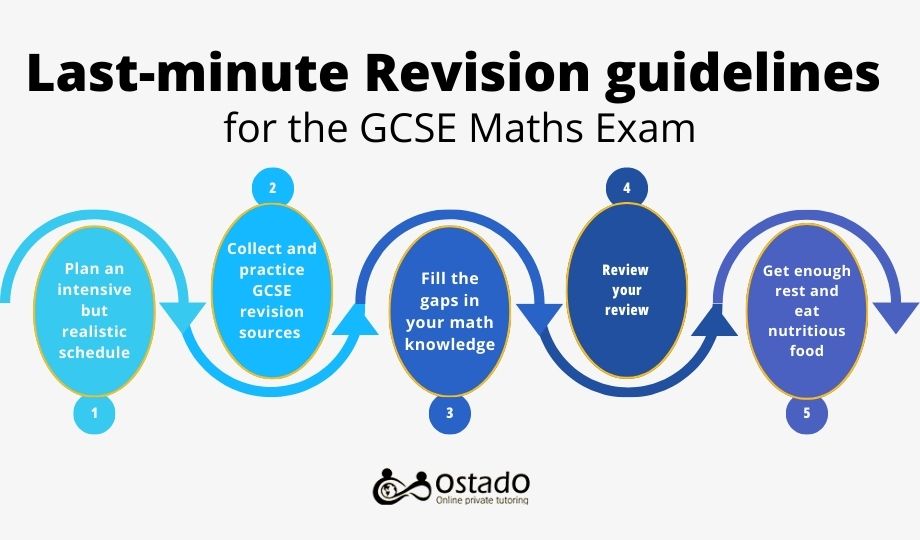
Day 0: The exam day
Wake up early on the exam day and eat a proper breakfast. Going to the exam session with an empty stomach can turn all your efforts into ashes. Before you leave the house for the exam centre, check that you have picked up all the things you need to take to the exam session. Leave the house early. You never know how the traffic is on the exam day. Try to get to the exam session 30 minutes before the exam starts. When you are seated, concentrate on your paper and nothing else. Pay attention to the instructions, the rubrics, and the command words in questions. If you finish early, do not get up and leave the room. Use the extra time to review your answers or use it on the challenging questions that you skipped or are unsure of. Finally, when the exam is over, treat yourself to your favourite meal or play your favourite game.
In another article, Mandana elaborated on revising for the GCSE maths exam in more detail. Click on the following to develop a comprehensive approach towards GCSE maths revision.
Guarantee your exam day success with Ostado’s GCSE tutors
The GCSE qualification is an important milestone in your education, and it requires meticulous planning and hard work. As you reach the last days leading to the GCSE maths exam, you will feel a little stressed out, which is normal to some extent. But if you have not previously prepared for the exam in a long-term plan, the stress level might get out of control. However, the good news is that even if you missed the chance to prepare for the GCSE maths exam with a comprehensive plan, you can still succeed in the exam by getting help from Ostado’s GCSE maths tutors. Our GCSE maths tutors can save you a great deal of time and help you with what troubles you in the GCSE maths concepts. So, even if you are far behind the schedule, you still have the chance to pass the GCSE maths exam.
Achieving GCSE qualifications is not an overnight success, and you need to plan to achieve high scores in the GCSE maths exam. Nonetheless, an intensive short-term plan a few days before the exam can make a difference, and it would do wonders if you got help from a professional GCSE tutor. In this article, I presented a 10-day study plan for last-minute GCSE maths revision and mentioned some tips to maximise your readiness for the exam day. I hope your efforts are fruitful, and I wish you luck!
FAQs - Last-minute GCSE maths revision
- How many hours should a GCSE student revise a day?A GCSE student should spend some time between at least two hours and a maximum of seven hours to prepare for the GCSE exam, depending on their personal life and abilities.
- How long does it take to revise all GCSE maths?It generally takes 6 months to revise for the GCSE maths exam.
- How effective is last-minute revision?Last-minute revision can make a difference in your scores, but it is not the optimal way to revise for GCSE maths.
- How many marks do I need to pass GCSE maths?You need grade 4 (or above) in order to pass the GCSE maths exam.

